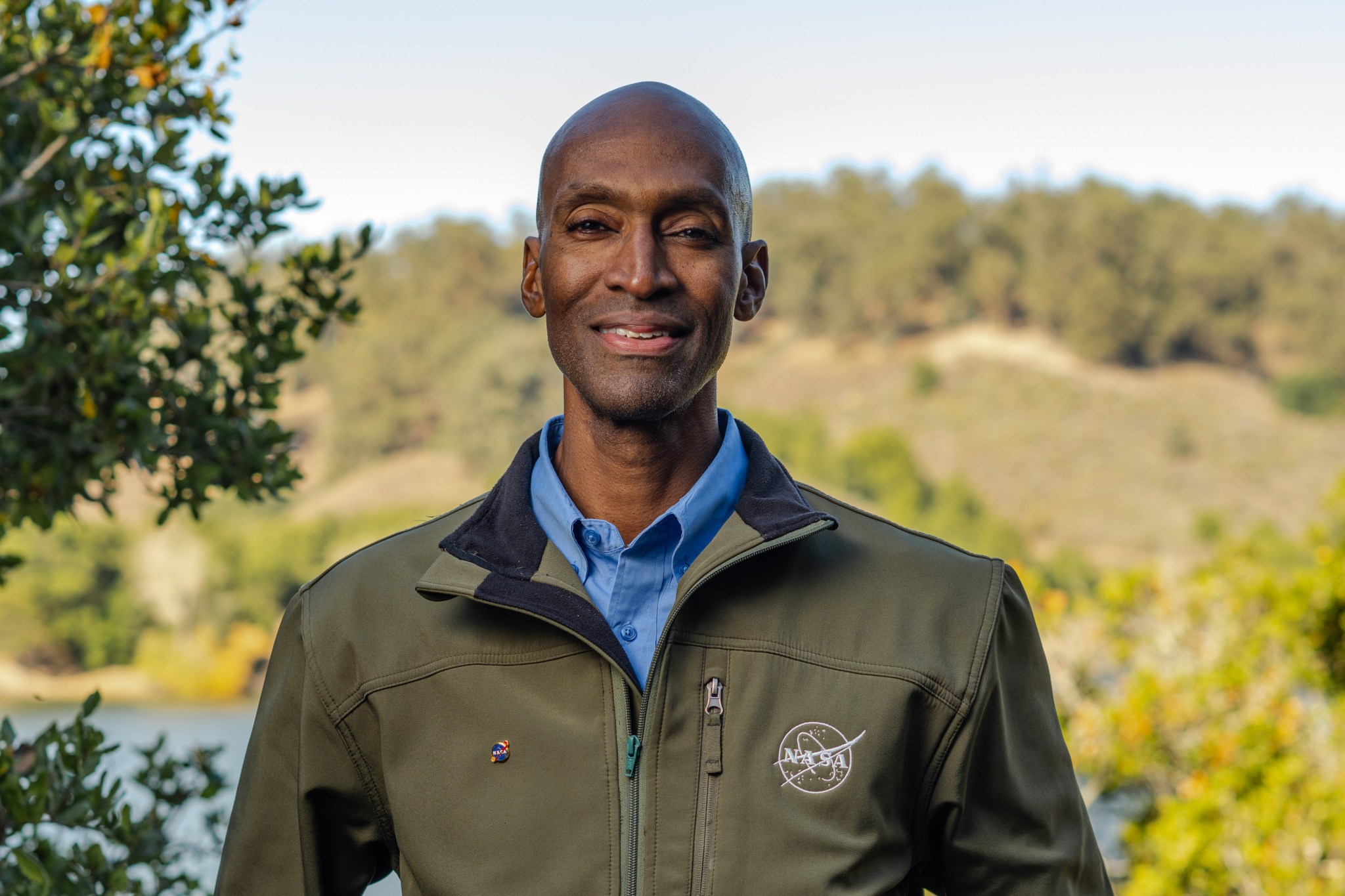

“[In] everyone’s life, they have a pivotal moment when they ask the question, ‘What am I really doing? What am I here for?’ … I’m reminded of a credo that I came up [with] through the evolution of my engagement of a whole bunch of recreational pursuits [including being a marathoner, ultrarunner, and Ironman triathlete] … as well as my professional pursuits. It’s threefold, and here’s what it is:
“[First,] I’m here because I want to be able to challenge myself, to see how much I can squeeze out of me – whatever that is, whatever ‘me’ is. [For example,] I applied to the astronaut candidate program twice, but I failed to make it to the second round. I figured I’d give a go at throwing my hat in the ring! Like with [an earlier career experience of failing out of] the Navy Nuclear Power Training Program, failure in one domain just means that you have to pick yourself up, dust yourself off, and find a new direction – often pursuing stretch goals that are outside of your comfort zone.
“[Second,] I want to serve others. I want to find a way to be of use to others, whether it’s in a structured manner or unstructured manner, whether it’s volunteering or just being a civil servant. I really focus on this service aspect; I did become a supervisor about three years ago, and I really take that role seriously. I really have a service-based leadership philosophy. … That’s why I think [mentoring student interns] represented such a [career] highlight for me, because I felt like I was serving their needs. I was helping to really educate them and [provide] knowledge that I want to … transfer to them, to really inspire that next generation of folks.
“… And the third – which I think NASA fits beautifully – is, ‘How do I build the future? How do I help build the future?’
“So again, it’s challenge, service, and building the future. If I don’t do anything else in my entire life except for those three things, I’m at least getting something right. I might be getting everything else entirely wrong, but I can at least work toward those three things.”
— Dr. Rodney Martin, Deputy Discovery and Systems Health Technical Area Lead, NASA’s Ames Research Center
Image Credit: NASA / Brandon Torres
Interviewer: NASA / Michelle Zajac








